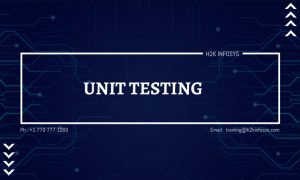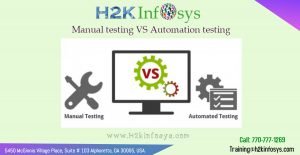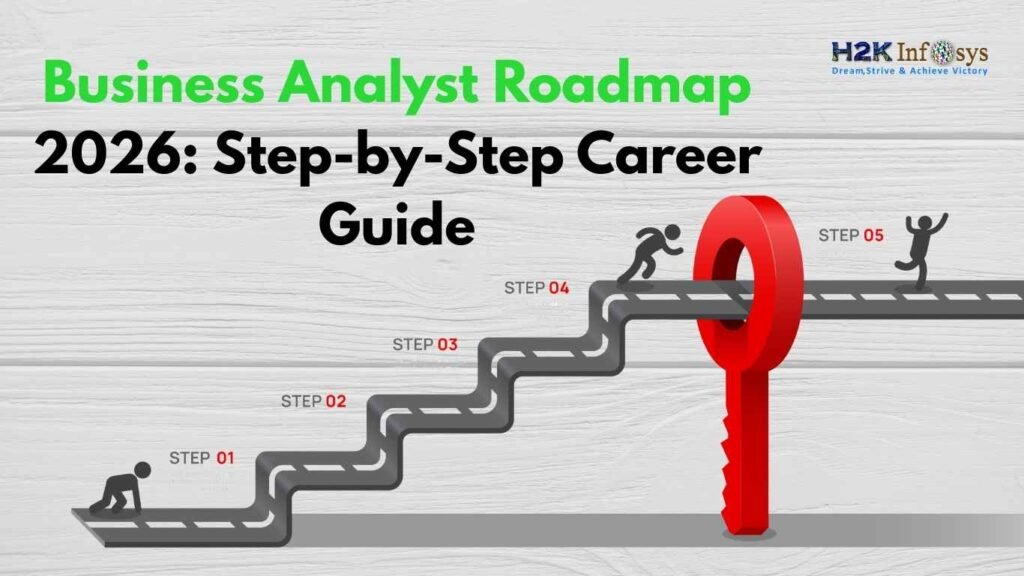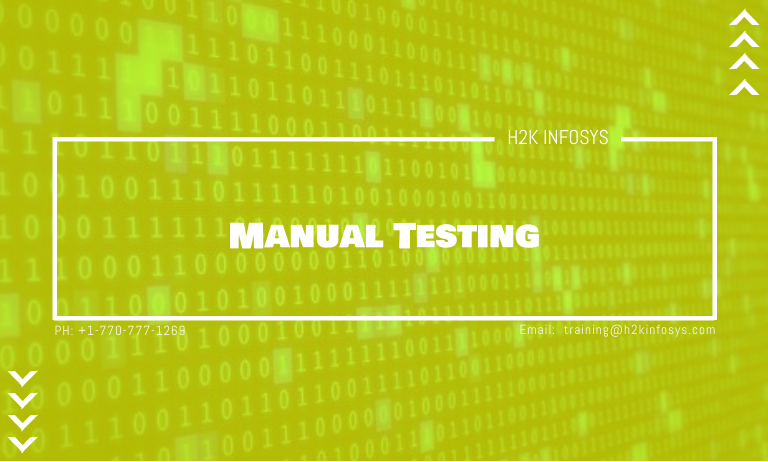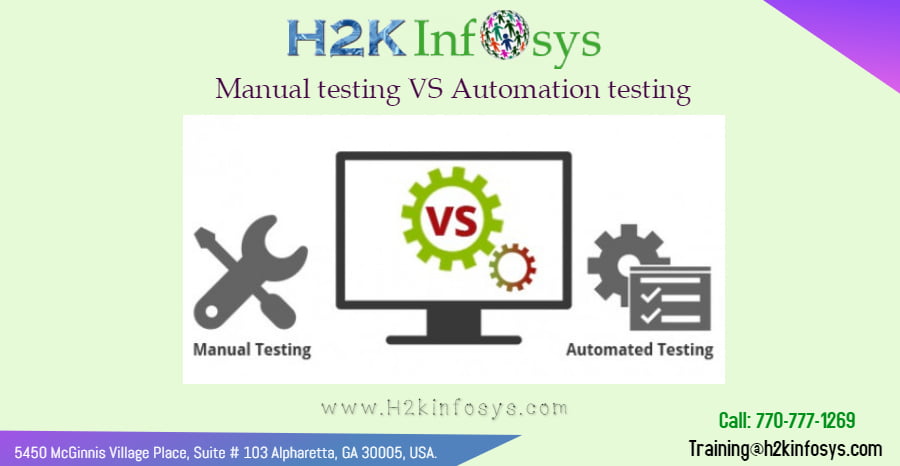In the modern software development lifecycle, software testing engineers play a crucial role in delivering high-quality products to market. Whether you’re just beginning your journey into quality assurance or looking to advance your skills, understanding the must-have competencies for a software testing engineer is essential.
From mastering automation tools to communicating effectively within agile teams, the range of skills needed is both technical and interpersonal. In this blog post, we’ll explore the critical skills required for software testing engineers, the real-world importance of each, and how to develop them to succeed in today’s fast-paced tech industry.
Understanding of Software Testing Fundamentals
Before diving into tools and methodologies, a software testing engineer must have a strong grasp of testing principles. This includes:
- Types of Testing: Unit, Integration, System, Regression, Smoke, Sanity, UAT, etc.
- Testing Levels: Black-box testing, white-box testing, and grey-box testing.
- Test Case Design Techniques: Boundary value analysis, equivalence partitioning, decision tables, and state transition testing.
Why it matters: These core concepts serve as the foundation of all QA practices. A clear understanding ensures you can select the right strategy and approach for each testing scenario.
Proficiency in Manual Testing
Manual testing remains highly relevant, especially in exploratory, usability, and ad-hoc testing. Skills in this area include:
- Writing detailed test plans and test cases.
- Performing test execution based on requirements.
- Documenting and reporting bugs clearly and effectively.
Real-World Example: In a startup environment where time-to-market is critical, manual testing is often used in early sprints to quickly validate UI/UX elements before automation is implemented.
Automation Testing Skills
With DevOps and Agile practices dominating the industry, automation testing is no longer optional. Skills include:
- Scripting languages: Java, Python, JavaScript, Ruby.
- Tools: Selenium, Appium, TestNG, Cypress, Postman, JMeter.
- Frameworks: BDD (Cucumber), POM (Page Object Model), Hybrid, and Data-driven frameworks.
Pro Tip: Knowing when not to automate is just as important as knowing how to automate.
Knowledge of Testing Tools
To be effective, testing engineers must be adept with a variety of tools:
- Bug Tracking: Jira, Bugzilla, Mantis.
- Test Management: TestRail, Quality Center, Zephyr.
- CI/CD: Jenkins, GitLab, Bamboo.
Why it matters: Tools streamline collaboration, increase productivity, and provide traceability across the testing lifecycle.
Understanding of SDLC and STLC
A good software testing engineer should know:
- Software Development Life Cycle (SDLC) models like Agile, Scrum, Waterfall.
- Software Testing engineer Life Cycle (STLC): From requirement analysis to test closure.
Industry Insight: Testers working in Agile teams are often involved in all stages of development, from user story creation to sprint reviews. This requires a holistic understanding of both development and testing workflows.
6. Basic Programming and Scripting Knowledge
While testers aren’t necessarily expected to code like developers, having basic programming knowledge is crucial, especially for automation and white-box testing.
- Languages: Java, Python, JavaScript.
- Concepts: OOPs, loops, conditionals, arrays, and functions.
Use Case: Writing Selenium scripts to validate login functionalities requires control structures and element selectors, which rely on basic programming logic.
Database and SQL Skills
Testing often requires verifying data stored in the backend. Skills required:
- Writing SQL queries to fetch, update, or delete data.
- Understanding relational databases like MySQL, PostgreSQL, and Oracle.
Scenario: A test case for verifying order placement may require querying the database to confirm the order ID, user info, and transaction status.
API Testing Knowledge
Modern applications rely heavily on APIs. As a tester, you should:
- Understand REST and SOAP protocols.
- Use tools like Postman and SoapUI.
- Validate request-response formats (JSON/XML).
- Verify response codes, headers, and payloads.
Real-world importance: In microservices architecture, testing APIs ensures components interact smoothly, especially in distributed systems.
Familiarity with Web and Mobile Technologies
Software testing engineer must understand how web and mobile applications function:
- Web Concepts: HTML, CSS, DOM, HTTP methods, cookies, and sessions.
- Mobile: Device compatibility, gestures, screen resolutions, and native vs hybrid apps.
Why it matters: A UI bug may appear only on Safari for iOS, making platform awareness vital during cross-browser or cross-device testing.
10. Performance and Load Testing Skills
Performance is critical for user retention. Software testers should be able to:
- Use tools like JMeter, LoadRunner, and BlazeMeter.
- Conduct load, stress, spike, and endurance testing.
- Identify performance bottlenecks (e.g., response time, throughput).
Impact: A delay of even 2 seconds on a banking app could lead to a poor user experience and potential financial loss.
Strong Communication Skills
Testing is a collaborative role that requires frequent interactions with developers, product owners, and stakeholders. Strong communication includes:
- Writing clear bug reports.
- Participating in scrum meetings.
- Explaining issues and test results to both technical and non-technical team members.
Pro Tip: Clarity in communication can mean the difference between a bug being fixed or misunderstood.
Analytical and Critical Thinking
Testers must think beyond the obvious and anticipate how users might interact with an application. Key attributes:
- Ability to think from a user’s perspective.
- Identifying edge cases and negative scenarios.
- Performing root cause analysis when bugs appear.
Real-world application: Testing a payment gateway isn’t just about verifying successful transactions but also handling timeouts, invalid inputs, and interruptions.
13. Time Management and Prioritization
Software testers often juggle multiple releases, bug retests, and regression suites simultaneously. To stay productive, testers should:
- Prioritize test cases based on risk and impact.
- Meet sprint deadlines and release cycles.
- Balance manual and automation workloads effectively.
In Agile: With sprints lasting just 2 weeks, effective time management ensures testing is not a bottleneck.
Learning Mindset and Adaptability
The tech landscape evolves rapidly, with new tools, frameworks, and methodologies emerging constantly. Successful testers:
- Stay updated through certifications, courses, and webinars.
- Adapt quickly to changes in test environments or tech stacks.
- Experiment with AI-based testing tools, scriptless automation, and cloud-based testing platforms.
Security Awareness
With rising cybersecurity threats, testers should be aware of:
- Basic security principles (encryption, data privacy).
- Common vulnerabilities (OWASP Top 10).
- Tools like Burp Suite, OWASP ZAP for security testing.
Example: Testing input fields for SQL injection or cross-site scripting (XSS) can prevent critical data breaches.
Certification and Continuous Learning
Certifications not only validate your skills but also expose you to industry best practices. Popular ones include:
- ISTQB (International Software Testing engineer Qualifications Board)
- Certified Selenium Tester
- CSTE (Certified Software Test Engineer)
- Agile Tester Certification
Tip: Enroll in QA software testing courses or QA online training to deepen your technical acumen and career potential.
Key Takeaways
| Skill Area | Why It Matters |
|---|---|
| Manual & Automation Testing | Core technical testing execution |
| Programming & Scripting | Enables automation and white-box testing |
| Communication | Collaboration, reporting, and team engagement |
| Tools Mastery | Efficiency in test execution, tracking, and management |
| Analytical Skills | Enhances bug discovery and root cause analysis |
| Performance & API Testing | Critical for modern software performance and integration |
| Security & Database | Safeguards against breaches and ensures data integrity |
| Certifications | Builds credibility and broadens job opportunities |
Final Thoughts
Being a successful software testing engineer in 2025 requires more than running test cases. It demands a deep understanding of modern development workflows, adaptability to rapid changes, and a proactive mindset toward continuous learning. From manual testing to automation, from critical thinking to technical fluency every skill adds value to the quality assurance ecosystem.
Whether you’re preparing for your first role or advancing toward test lead or QA architect positions, honing these skills will help you build a long-term, impactful career in software testing.
Interested in a QA Testing Career?
Enroll in QA software testing courses or join QA online training programs that teach real-world skills and offer job-oriented training with hands-on projects, automation tools, and placement support.






